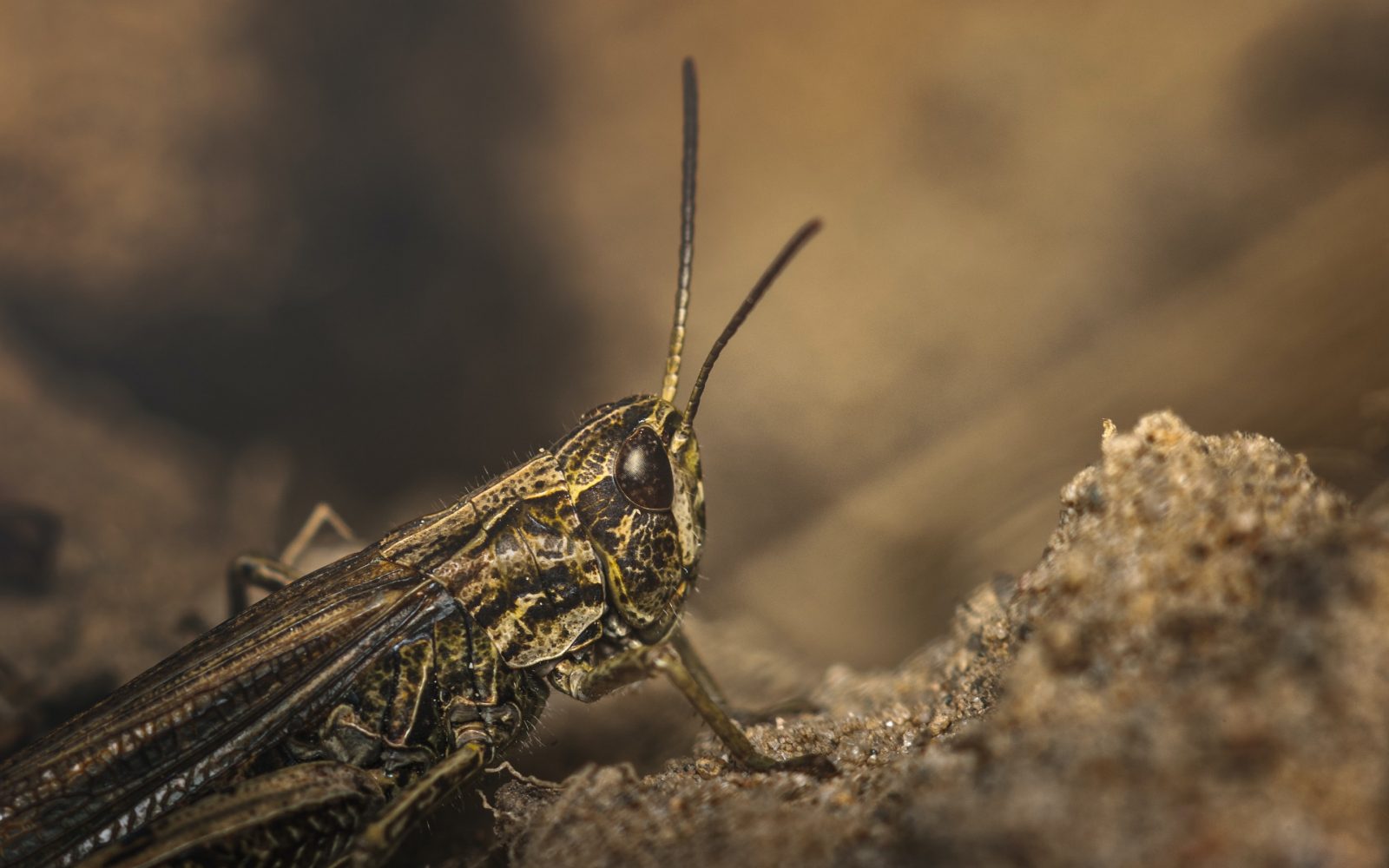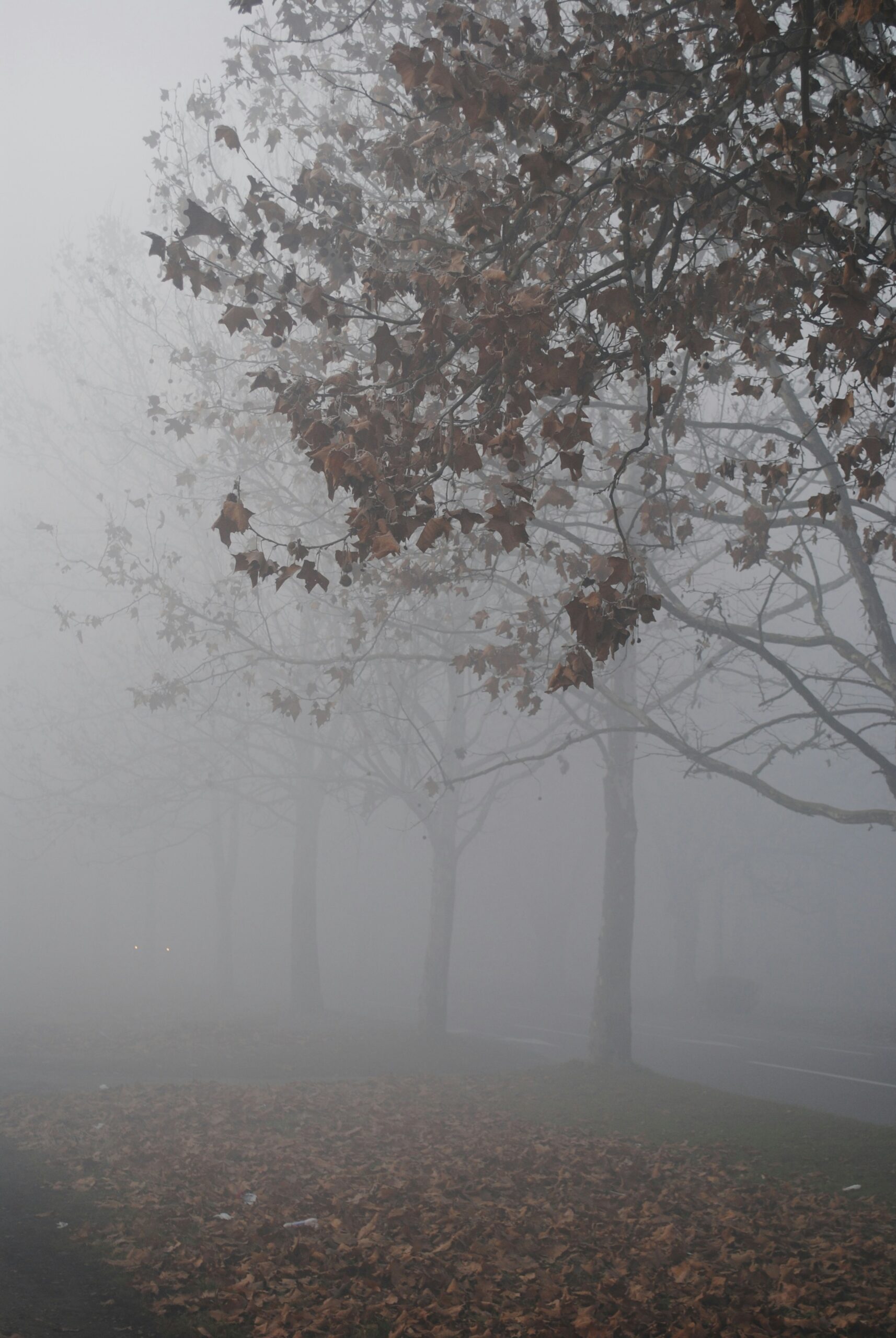After a long day of endearing ourselves
with our rascality to all and sundry,
we would head to the fields still pricked
by long-dead maize stalks and grass so dry
they speak, with dust layered
over us like a second skin.
We would crawl, creep, shriek across
coarse tufts of grass. The insects fell prey
to our hands. We gathered what we could in the approaching
darkness, our hands and pockets full,
ticklish with their dying spasms, then
we left the fields with multitudes still
snapping and cracking in the air. Some came home with us, we found them
in holes in the walls, beneath bundles of clothes,
and when night fell they dropped boldly
before the kerosene lamp, casting strange shadows
with the sharp angles of their legs,
and their glimmering eyes—large, grotesque, questioning.
We would swat at them, surprised to find them languid,
pliant. Little martyrs.
*Fara—the Hausa word for ‘grasshopper’.

Ridwan Badamasi writes from the ancient city of Kano in northern Nigeria. He is a Biochemistry undergrad in Bayero University. You can find him on Twitter: @RidhwanBadamasi
Featured Image: Marek Piwnicki, Unsplash
- CALL FOR SUBMISSION: Dear Yusef: Essays, Letters, and Poems For and About One Mr. Komunyakaa - May 25, 2022
- #SubmitNow: Awaiting Revolution Poetry/Essay Anthology - May 21, 2022
- The Straight Path | Adamu Yahuza Abdullah - May 20, 2022













Enthralling. Nostalgic verses from a biochemist.